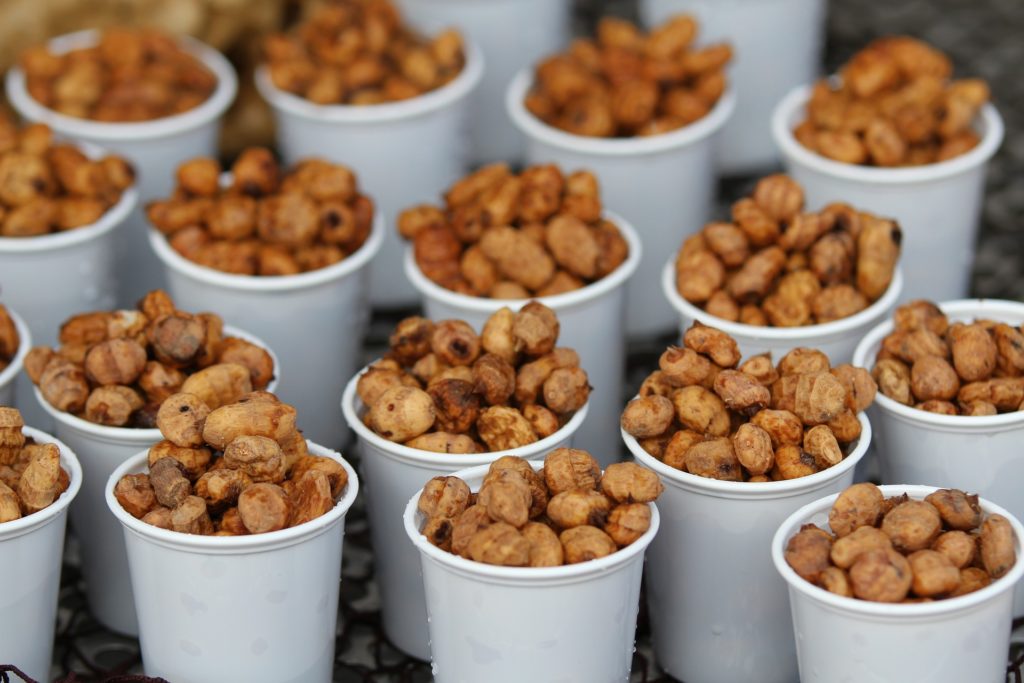We already commented in a previous post (read it here) that Comunitat Valenciana stands out for its gastronomic wealth. Its climate, the good work of its farmers and a solid food industry, have made this region and its products worthy of numerous certifications of Denomination of Origin (D.O.) and Protected Geographical Indication (P.G.I.).
Today we continue to analyze this varied quality agri-food offer:
- Olive Oil. Unique liquid gold due to the autochthonous varieties that are only grown in this community: Blanqueta, Serrana de Espadán, Villalonga, Farga and Morruda. The production areas of this oil are Maestrat, Plana Alta-Alcalatén, Sierras de Espadán and Calderona, Serranías del Turia-Ribera del Magro, Utiel-Requena-Valle de Ayora, Macizo del Caroig-Vall d’Albaida, Montaña de Alicante and Vinalopó. Its organoleptic qualities include the perfect balance between fruity levels and bitterness intensity and it is protected by the Protected Designation of Origin, managed by a Regulatory Council.
- The Tiger Nut from Valencia. It is a tuber that, due to its characteristics, is only grown in a small number of municipalities in the province of Valencia. It remains in the field for nine months and is then collected, washed and dried. It is this process that gives it its exclusive qualities that differentiate the Valencia tiger nut from that of the rest of the world. The result is an excellent product that represents, in turn, the tradition, heritage and nature of its place of origin and whose quality has been distinguished by the Chufa de Valencia Protected Designation of Origin.
- Requena sausage. Under this name we find seven products whose ingredients distinguish it from the rest of sausages. These are white sausages, red sausages, onion blood sausage, salami, hot dogs, güeñas, sobrassada (Majorcan sausafe) and orza that are made only with meat from castrated males or females, natural guts and quality spices. In addition, the curing and airing of the sausages is carried out in a traditional way and is determined by the climate and geography of the region.
- Jijona and Nnougat from Alicante. The city of Jijona is known throughout the world as the “cradle of nougat” and the production of this product dates back more than five centuries in this area. There are three pillars that underpin the quality and prestige of this nougat: (1) the specific and natural ingredients, (2) the elaboration with traditional techniques and utensils and (3) the knowledge and good work of the nougat artisans. Jijona is the geographical indication for soft nougat and Turrón de Alicante refers to a variety of hard nougat. Both sweets are made with toasted almonds mixed with caramelized syrup.

